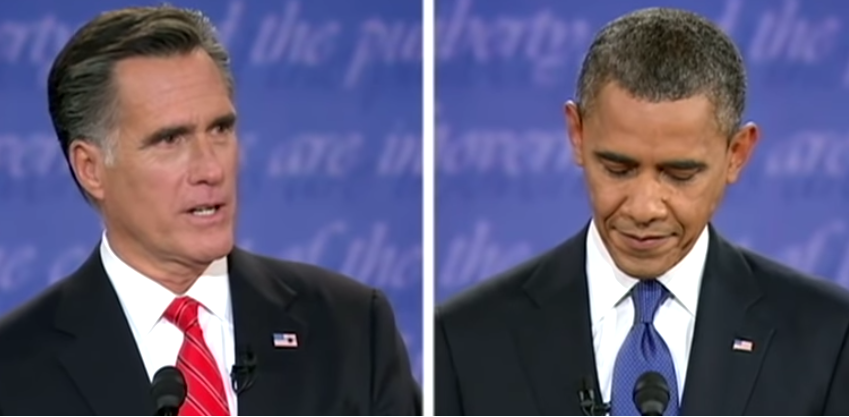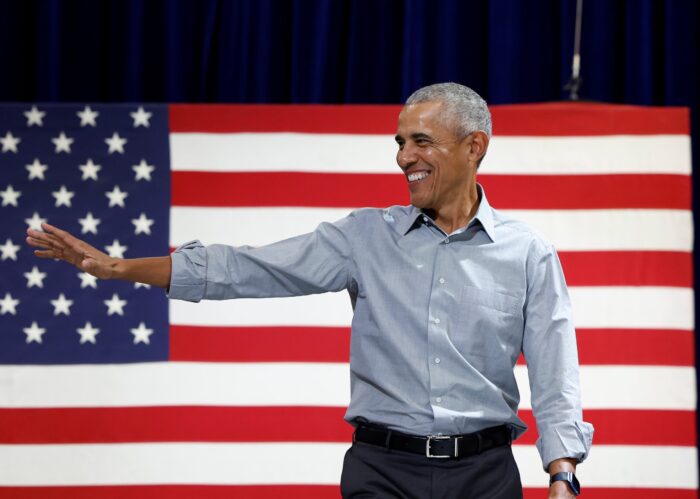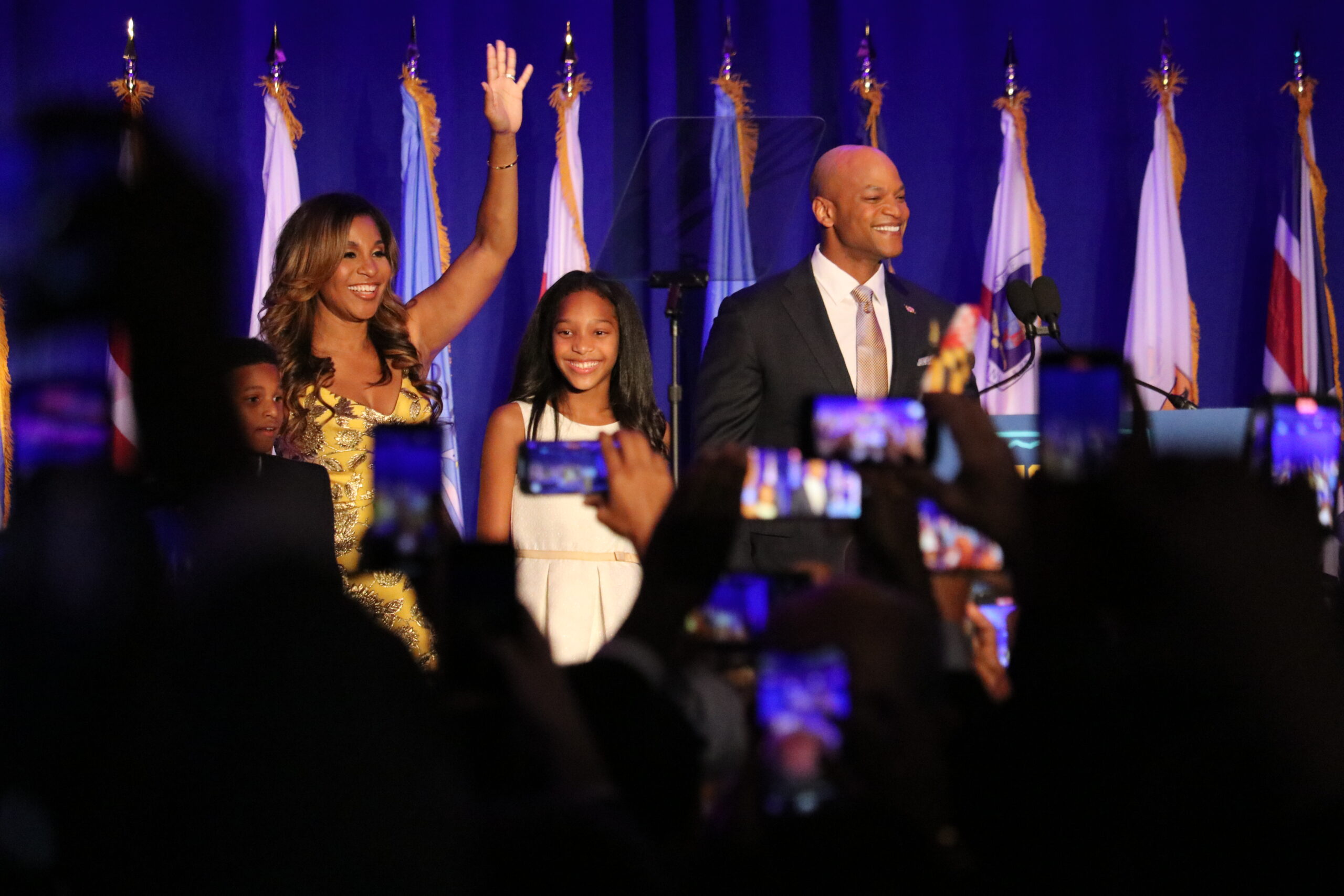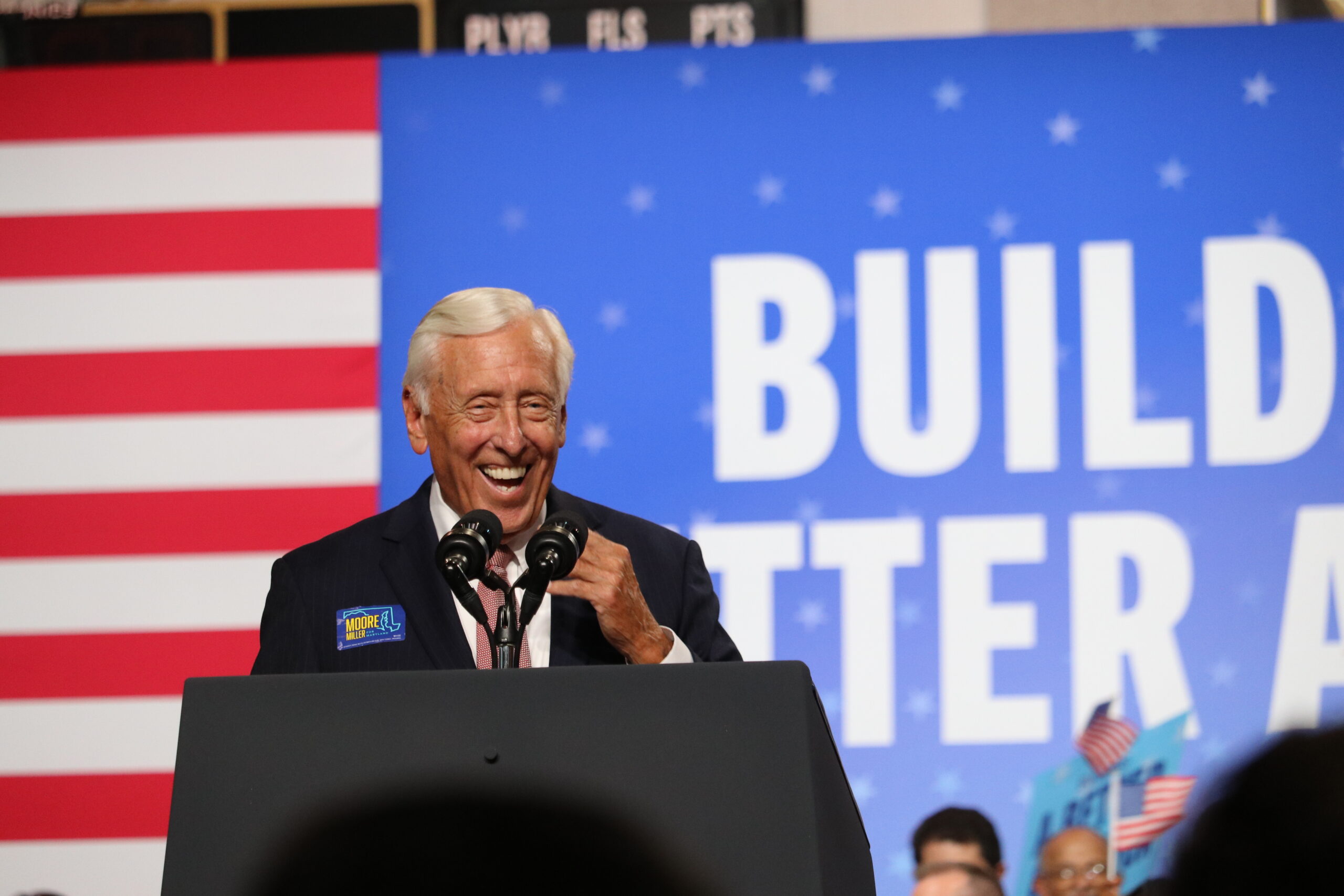
Critics of presidential debates argue that they are not necessary because they don’t change many votes. Since 84 million people watched the first 2016 presidential debate and according to polls 90% had decided for whom they were going to vote, they must watch for reasons other than to be persuaded.
Some of those 90% may be soft support and could change, and there are the undecided who are persuadable. I’ve made the argument in academic writings, opinion pieces and interviews that in close elections since 2000, shifting even a few voters who are leaning or helping the undecided select a candidate is what matters. For decided voters, debates serve a purpose — they confirm the choice and this often helps motivate them to vote.

Diana B. Carlin
For the past 28 years I have conducted focus groups after the debates and have learned why people watch debates and how they watch to get the most out of them. Based on that research, I offer the following suggestions to maximize the viewing experience.
1. Be familiar with the format.
If you know the format, your expectations will be in alignment with the topics covered and how much time candidates have to answer. If you go in wanting to hear about certain topics but they aren’t on the moderator’s agenda, you may come away frustrated.
For the 2020 debates, the moderators for the first and third debates select six issue areas and each is discussed for 15 minutes. Candidates have two-minute initial responses and then there are follow up questions with an opportunity for the candidates to refute the other or elaborate.
Issues are usually announced a few days in advance. For Tuesday’s debate, they are candidates’ records, the Supreme Court, COVID-19, the economy, race and violence in cities, and election integrity.
The second debate is a town hall with undecided voters asking questions that are most important to them with two-minute responses and one minute for moderator follow up. This is often the debate that resonates the most with viewers.
The vice presidential debate has nine issues for 10 minutes each, with two-minute opening responses followed by additional questions and rebuttal.
Even if some of the topics are not at the top of your list, listen anyway. There may be something you learn about the way the candidate makes decisions or why an issue affects you that can help you decide or feel better about your choice.
2. Know what you want to get out of the debates.
Do you want to compare policies and records to determine which are closer to your viewpoints? Do you want to determine who is more presidential? Or who you trust more to lead the country? Whatever you want to glean from the debate, have it well in mind before you turn on the debate. This checklist helps you focus.
3. Don’t worry about winners and losers.
There are sufficient examples of candidates who “won” the debates but lost the election. In 1984, Walter Mondale was the winner, according to the pundits and the polls, but lost in a landslide. In 2012, Mitt Romney bested President Obama in the first debate — even Democrats admitted it.
But we don’t choose presidents on their debate skills. We choose them on issues and personal characteristics we observe in the debates. Unlike a high school or college debate, there are no criteria for judging a political debate — you decide based on your reasons for watching. Even if a candidate does not have a sharp one-liner, speaks less eloquently, or doesn’t answer every question thoroughly, that candidate may project the qualities you are looking for.
4. Take notes.
Ninety minutes is a long time to listen without a break. Presidential debates have no commercial breaks because they are paid for by contributions to a nonpartisan tax-exempt organization. Notes help you remember what candidates said, but more importantly, they can direct you to points that you want to research or fact check.
5. Turn off the spin doctors and the pundits.
Their perspectives are not those of voters. You need to be the one to process what you heard and saw. And I say “saw” because nonverbal communication is important and can tell you something about a candidate’s character.
The media often concentrate on one-liners and moments of drama or attacks. The debate is a marathon, not a series of unrelated sprints. In the end, decide for yourself who represents what you want in a president.
— DIANA B. CARLIN
The writer is professor emerita of communication at Saint Louis University and a retired communication studies professor at the University of Kansas, where she currently teaches a freshman honors seminar and an Osher Lifelong Learning class on the presidential debates. She has researched the debates since she was an undergraduate at KU and has published two books on citizens’ reactions to the debates and numerous articles and book chapters on the candidates’ strategies and debate impact.
This commentary originally appeared in the Kansas Reflector.




 Creative Commons Attribution
Creative Commons Attribution